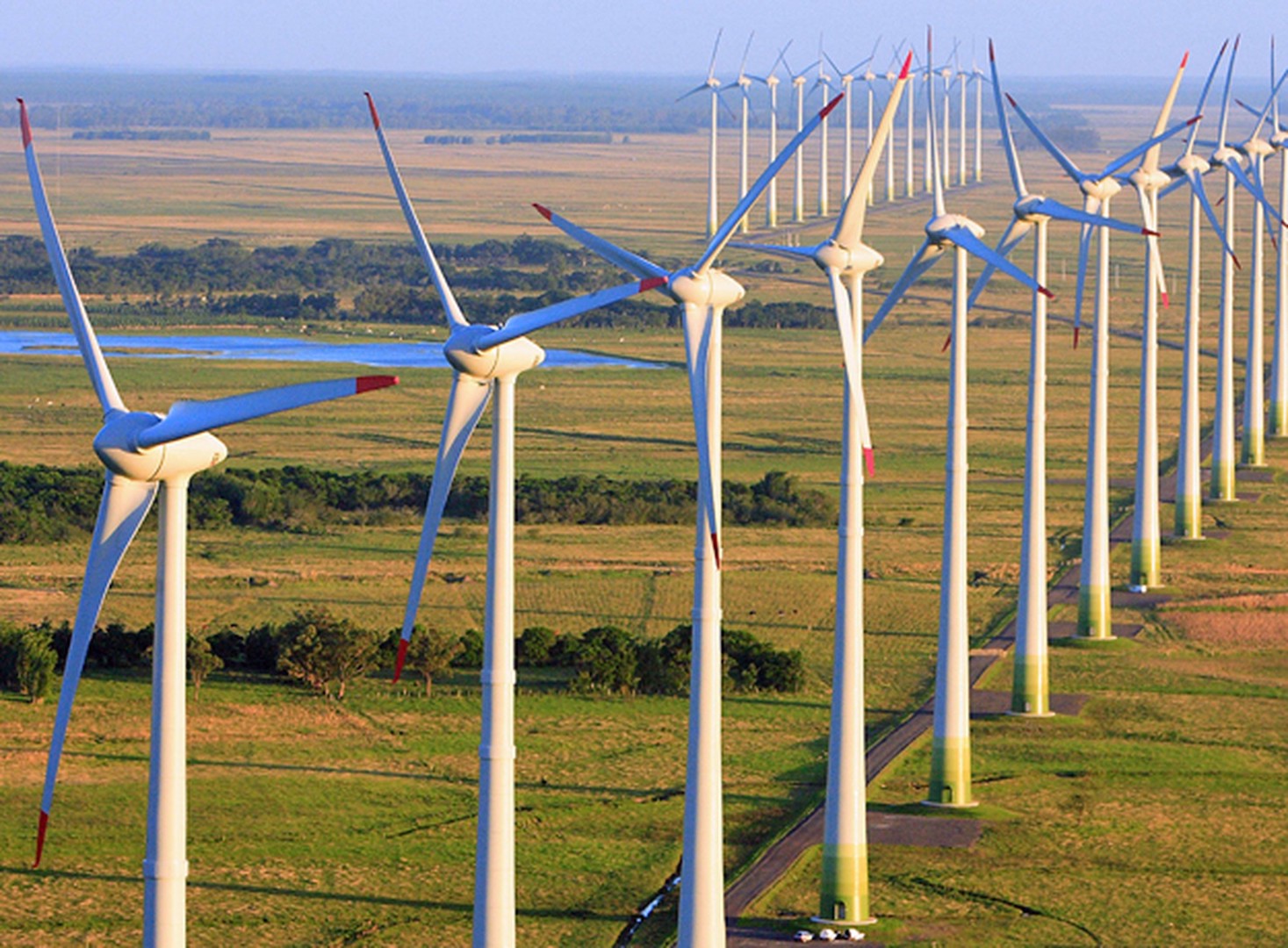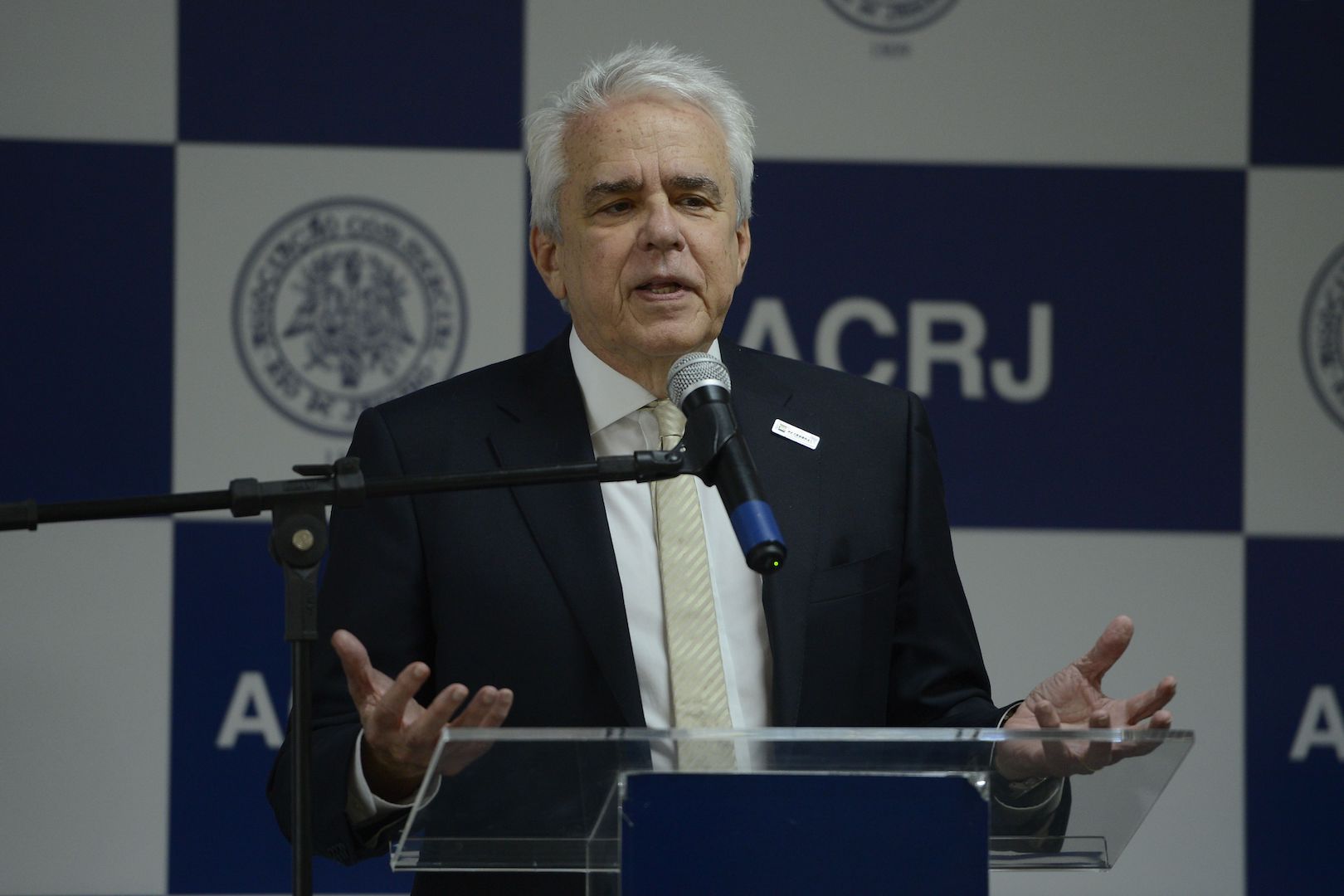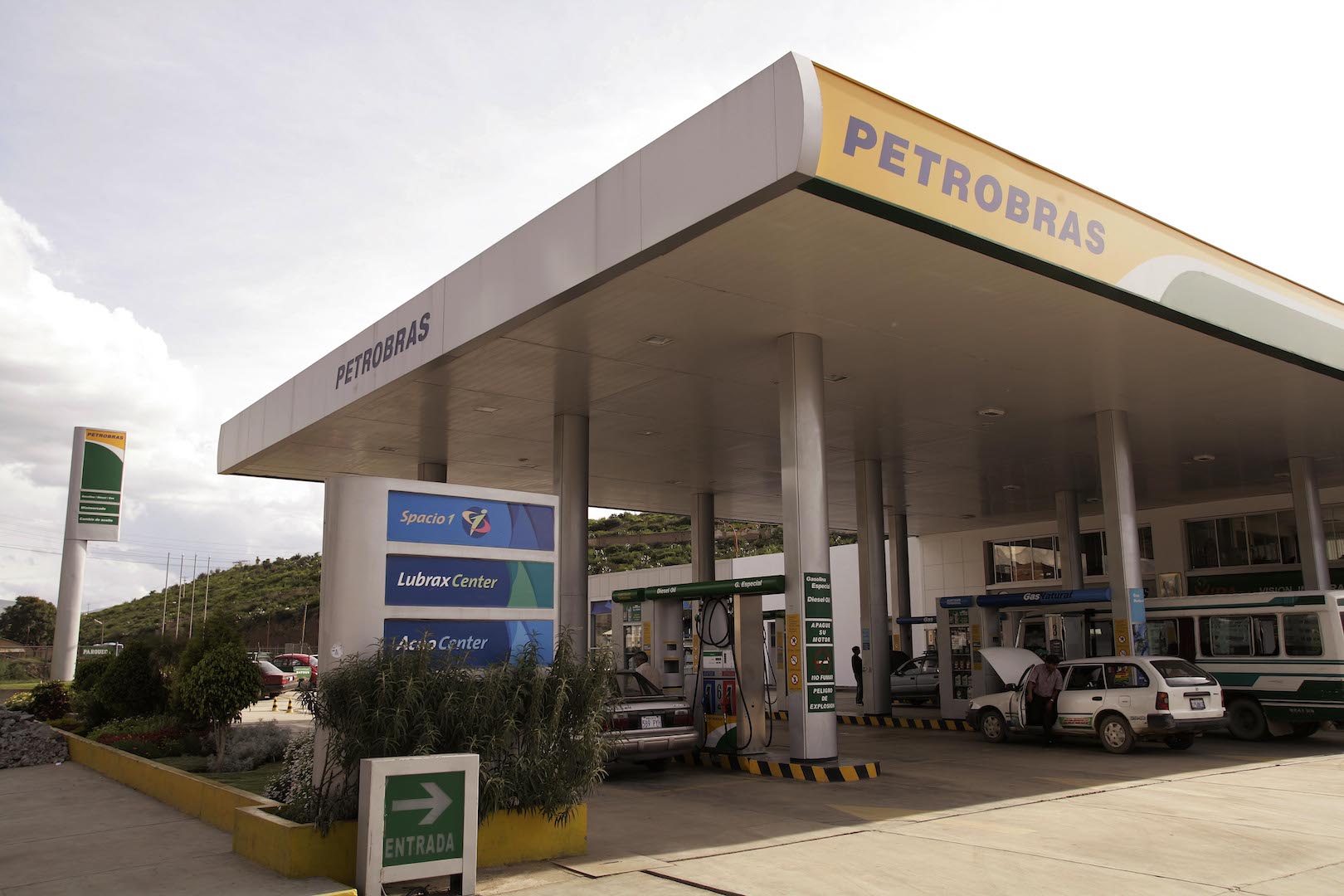SÃO PAULO, BRAZIL – Brazil’s oil giant, Petrobras, announced last week its new strategy of focusing on oil and gas production, doing away with its distribution and transportation subsidiaries and its fertilizer sub-division, as well as concentrating its operations in the Southeastern part of Brazil. Going against the global trend, the company has also slowed down investments in renewable energy.

“We are building the new Petrobras, a sustainable, competitive company that operates safely and ethically, creating more value for its shareholders and society. We will be a less-indebted company dedicated to deepwater oil exploration and production. This new Petrobras now adds digital transformation as a powerful lever for achieving productivity gains and reducing costs,” said Petrobras President Roberto Castello Branco during the announcement.
According to officials, Petrobras’ new vision “is to be the best energy company in generating shareholder value, focused on oil and gas and with safety, respect for people and the environment”.
Petrobras officials stated that the state-owned company decided to withdraw from gas distribution and transportation and “from the fertilizer, LPG and biodiesel distribution business” so as to focus on refining and trading of derivatives “in Southeast operations. ”
For that to occur, Petrobras is expected to focus on a few main areas. Its attention will remain centered on oil and gas production and exploration. The company expects to increase portfolio value by focusing on deep and ultra-deep water, operational efficiency and recovery factor optimization and partnerships.

In the natural gas and energy segment, the company will continue investing in competitive commercialization of gas, “optimizing the thermoelectric portfolio with a focus on self-consumption and sale” and move out of gas distribution and transportation segments.
Although playing down the role that renewables will have in the company, officials stated that the oil giant will continue to develop long-term research into wind and solar-focused renewable energy businesses and value the marketing of renewable diesel and the BioQav. In the short-term, however, renewable sources of energy will not be given much priority, according to officials.
“To get into this (renewable) game we have to get in to win, not get in hastily just because others are doing it. We will lose money. We do not want to lose money. It is forbidden to lose money,” said Castello Branco earlier in the year when asked about investments in renewable sources, such as wind and solar power.
Petrobras’ decision comes at a time when other major global oil companies are seeking to diversify their portfolio to include more renewable energy assets and monitoring the global energy transition to low carbon economies.

For now, say officials, the word is divestment. The goal of cutting operating costs by US$8.1 billion over the period 2019-2023 has been set.
This year the oil powerhouse began a process to sell eight of its thirteen refineries. Sales of refineries are part of an effort by the government to reduce the company’s huge debt, as well as to reduce the state monopoly in the sector. With the capacity to refine 2.2 million barrels of oil per day, Petrobras owns 98 percent of Brazil’s refining park.
The company is expected to raise more than R$15 billion from the sales, which would reduce Petrobras’ participation in the segment by at least fifty percent.
The refineries located in Rio de Janeiro and São Paulo will be maintained, with the company focusing on maintaining its main operations in the Southeastern part of the country.
Divestments also were foreseen with Petrobras’ assets abroad, including the closure of offices in New York, Mexico City, Libya, Angola, Nigeria, Tanzania, Iran, and Tokyo, as well as the reduction of discretionary spending.
The overall privatization of the company has also been rumored.
In early August, President Jair Bolsonaro did not rule out the possibility of privatizing the state-owned company, but said the decision would have to be thoroughly discussed within the government.
Days later, Economy Minister, Paulo Guedes, also told reporters that the sale of Petrobras had “not been ruled out” and Privatization Secretary, Salim Mattar, said that the government was “redefining the role of the state” in relation to state-owned companies.

